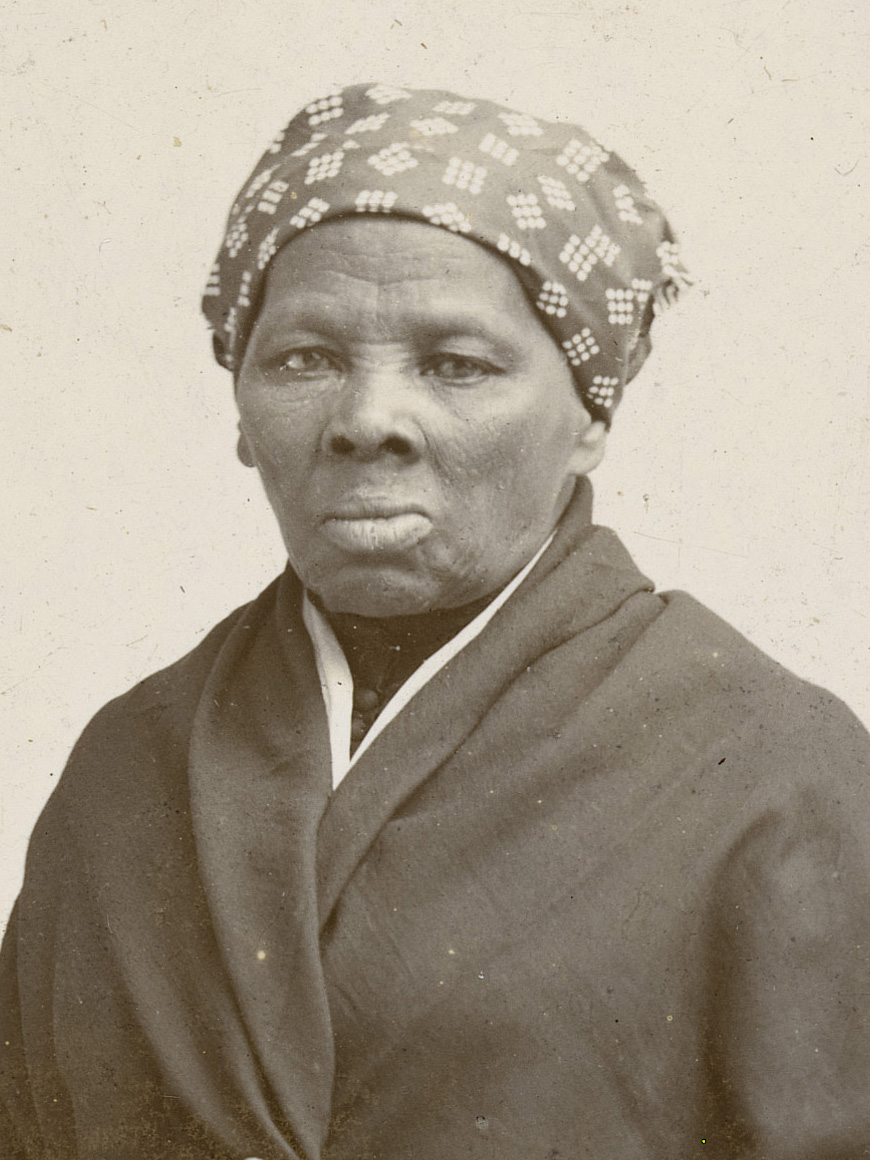Singing as a form of communication is deeply rooted in the Black culture.
Harriet Tubman has a deep connection to the Negro Spirituals. Negro Spirituals are considered the first distinctive music genre of African people in the American diaspora. However, It started with the slaves from Africa who were kidnapped and violently put on ships across the Atlantic during the Middle Passage. Slaves from different tribes and cultures used singing to communicate during the voyage.
Harriett Tubman’s connection with the song
If you grew up in a black church, you have sung “Wade in the Water.” This song is associated with black churches and the Underground Railroad as a Freedom song. However, Harriett Tubman used “Wade in the Water” and other spirituals as a code to instruct enslaved escapees by telling slaves to hide under the water to avoid being captured.

Water is an essential image in the Negro spiritual and a primary aspect of the slave experience. Africans began their captivity by traveling across the ocean to a new land in slave ships.
For the slave, the Ohio River divided slavery and freedom on the Underground Railroad. The songs reference to the Jordan River was part of the coded message representing the Ohio River. Below is an example of the lyrics from Wade in the Water showing it was a map song. In this map, directions were coded into the lyrics.
Lyrics to “Wade in the Water”
Chorus: Wade in the Water, Wade in the water, children.
Wade in the Water. God’s gonna trouble the water.
Who are those children all dressed in Red?
God’s gonna trouble the water.
Must be the ones that Moses led.
God’s gonna trouble the water.
Chorus
Who are those children all dressed in White?
God’s gonna trouble the water.
Must be the ones of the Israelites.
God’s gonna trouble the water.
Chorus
Who are those children all dressed in Blue?
God’s gonna trouble the water.
Must be the ones that made it through.
God’s gonna trouble the water.
Interpretation of the song
Howard Thurman, who served as Dean of the Chapel at Howard University, analyzed the spiritual; his interpretation is as followed:
“For [the slaves] the ‘troubled waters’ meant the ups and downs, the vicissitudes of life. Within the context of the ‘troubled’ waters of life, there are healing waters because God is in the midst of the turmoil. Do not shrink from moving confidently out into the choppy seas. Wade in the water because God is troubling the water.”
Howard Thurman
If you don’t believe I’ve been redeemed,
God’s a-gonna trouble the water.
Just follow me down to Jordan’s stream,
God’s a-gonna trouble the water.
Relationship to the Bible
The spiritual also relates to both the Old and New Testaments of the Bible. For example, the

words “God, “Moses”, and “Jordan” were used throughout the song. Exodus 14, its verses reflect the Israelite’s escape from Egypt. In John 5:4, the chorus refers to healing.
This song remains one of the most significant encoded spirituals in history. The Underground Railroad helped slaves to run to free a country. They walked a night with lights similar to flashlights and moonlighted. When they needed to, they would walk “waded” in the water so that the dogs couldn’t smell their tacks. They also would hide in chariots.
Harriet Tubman also used other songs to relay messages. For example, when leading a slave group north, she would have to stop and get food and other necessities. During her stops, Tubman would have the slaves hide and wait for her signal. When returning, if she sang one song two times, it would mean they were safe to come out of hiding.
Conclusion
This song remains one of the most significant encoded slave songs in history. “Wade in the Water” was one of the many songs that held messages to fellow slaves to find a path to freedom. Although the original songwriter is unknown, it was first published in New Jubilee Songs as Sung by the Fisk Jubilee Singers (1901) by John Wesley Work II and his brother, Frederick J. Work. Wade in the Water has been featured in many famous artists’ works, from Alvin Ailey’s 1960s signature ballet, Revelations, to the melody used for the 1988 Tony! Tone! Tone! hit “Little Walter.” Â
Work Cited
Why “Lift Every Voice?” – Senior Planet. https://seniorplanet.org/why-lift-every-voice/
Songs of the Underground Railroad: Harriet Tubman. https://www.harriet-tubman.org/songs-of-the-underground-railroad/
Wade in the Water ” First Church UCC. https://phoenixucc.org/caffeinated-ramblings/wade-in-the-water
Wade in the Water – A Reaction to Slave Music. https://41114544.weebly.com/wade-in-the-water.html
The Blind Boys Of Alabama – Wade in the Water Lyrics …. https://genius.com/The-blind-boys-of-alabama-wade-in-the-water-lyrics


